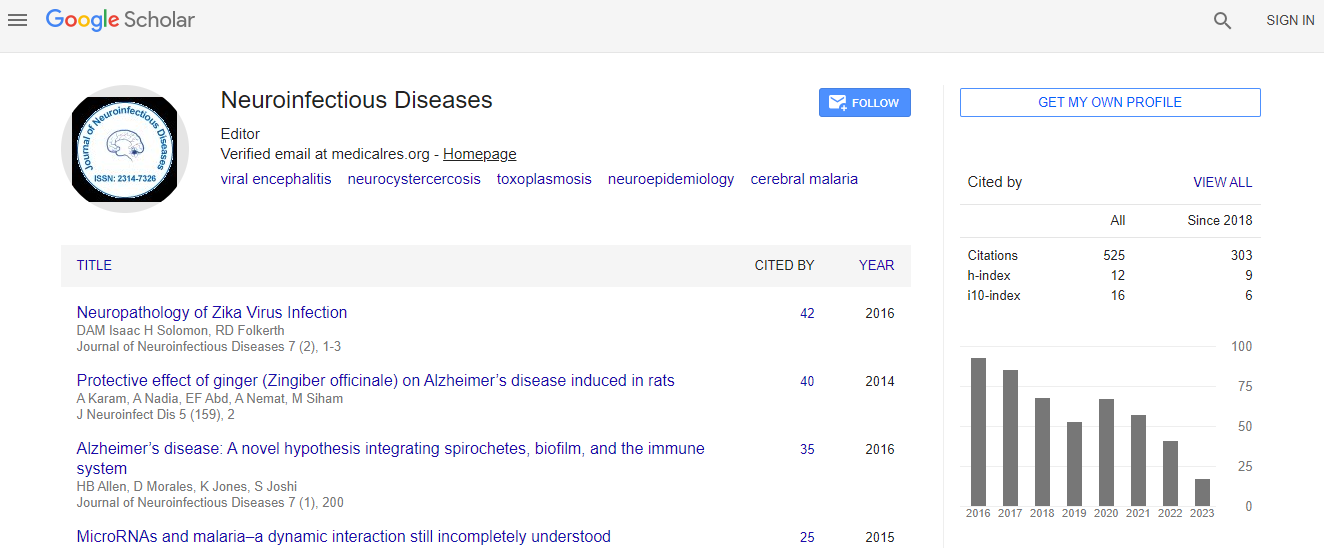Short Communication
Risk of Reactivation of Latent HBV Hepatitis in Patients Under Neurosurgical Treatment
Yoshikazu Ogawa1* and Teiji Tominaga21Department of Neurosurgery, Kohnan Hospital, Japan
2Departments of Pathology and Neurosurgery, Tohoku University Graduate School of Medicine, Japan
- *Corresponding Author:
- Yoshikazu Ogawa
Departments of Pathology and Neurosurgery
Tohoku University Graduate School of Medicine
1-1 Seiryo-machi, Aoba-ku, Sendai
Miyagi 980-8574, Japan
Tel: +81222482131
Fax: +81223041641
E-mail: yogawa@kohnan-sendai.or.jp
Received date: Oct 04, 2016; Accepted date: Oct 18, 2016; Published date: Oct 20, 2016
Citation: Ogawa Y, Tominaga T (2016) Risk of Reactivation of Latent HBV Hepatitis in Patients Under Neurosurgical Treatment . J Neuroinfect Dis 7:230. doi:10.4172/2314-7326.1000230
Copyright: © 2016 Ogawa Y, et al. This is an open-access article distributed under the terms of the Creative Commons Attribution License, which permits unrestricted use, distribution, and reproduction in any medium, provided the original author and source are credited.
Abstract
Reactivation of hepatitis B virus (HBV) is a risk in the 350 million HBV carriers worldwide. HBV reactivation may cause hepatocellular carcinoma, cirrhosis, and fulminant hepatitis, and HBV reactivation accompanied with malignant tumor and/or chemotherapy is a critical problem for the patients with chronic HBV infection. In addition, multiple risk factors causing immunosuppressive state can also induce HBV reactivation, which includes a few cases of intrinsic cortisol over secretion as Cushing’s syndrome or very low-dose steroid treatment for hypopituitarism after pituitary surgeries.
Appropriate screening methods and the discussion for preventive supplementation of antiviral drugs for HBV reactivation are required. For patients with pituitary tumors precise operative procedures and careful treatment planning are essentially required to avoid HBV reactivation.

 Spanish
Spanish  Chinese
Chinese  Russian
Russian  German
German  French
French  Japanese
Japanese  Portuguese
Portuguese  Hindi
Hindi 
